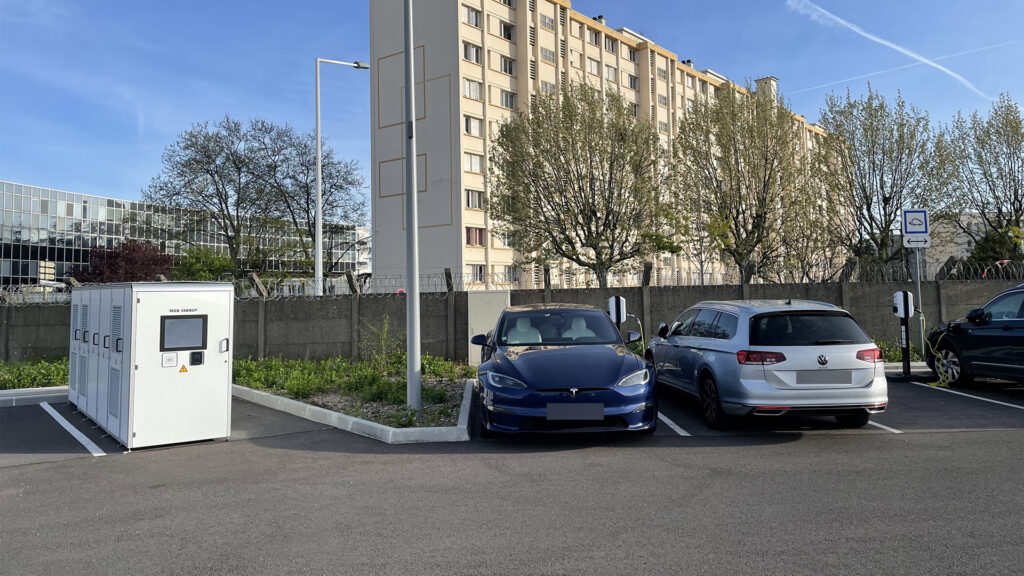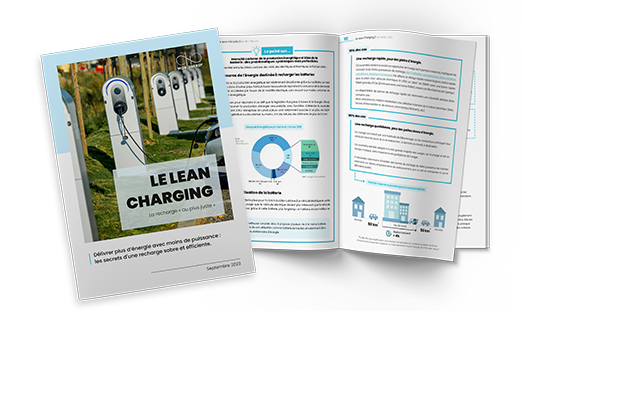AFIR: new regulations for electric recharging in Europe
In 2023, the European Union passed the AFIR (Alternative Fuels Infrastructure Regulation), which comes into force on Saturday 13 April 2024. It aims to improve the user experience and increase the number of recharging stations, while providing a framework for their deployment. But what are the main points to be aware of, and what is actually changing?
What is AFIR?
AFIR is part of an ambitious strategy led by the European Union to support member countries in their move towards electric mobility. The new regulations will bring major changes to the possibilities for drivers to recharge their electric vehicles. The AFIR will give users all the clarity and fluidity they need to make the switch to EVs and enhance their consumer experience.
What changes on 13 April 2024?
Every charging point open to the public installed from 13 April 2024 must allow charging sessions to be paid for anonymously, i.e. without the need to register or take out a contract. Charges must be clearly displayed at public charging stations.
Transparency and harmonisation of prices
To avoid unpleasant surprises, AFIR is requiring charging operators to provide precise information on prices, which must also be “reasonable, transparent and non-discriminatory”. AFIR is therefore putting pressure on charging station operators to ensure that prices are fair, equitable, easily accessible and clearly displayed before the charging session is launched.
Monetising the top-up service
The AFIR regulations also specify the payment methods that users must be able to use to pay for recharging their vehicle. From 13 April, all new charge points must be equipped with at least one of the following three payment solutions: Eftpos terminal, contactless or payment by unique QR code. All new AC charging points must also allow payment without registration.
Deployment of charging points on major roads
Lastly, AFIR is seeking to speed up the deployment of charging points on busy roads, with a charging station every 60 km by 2026. The aim of this legislation is to provide a sufficient network of charging points on major roads for both private cars and electric heavy goods vehicles.

With Eiko, our power cube, we have anticipated these regulations by providing a fluid and transparent user experience, thanks to its order-taking interface. The price, quantity of energy and details of the order are explicitly communicated to the driver before the recharge is launched, ahead of payment by credit card or contactless payment.
Mob-Energy invites you to explore ways of intensifying the use of resources available for recharging. The challenge: to meet the challenges posed by a power shortage that is under-utilized and costly to install.
Feel free to download our new white paper!






